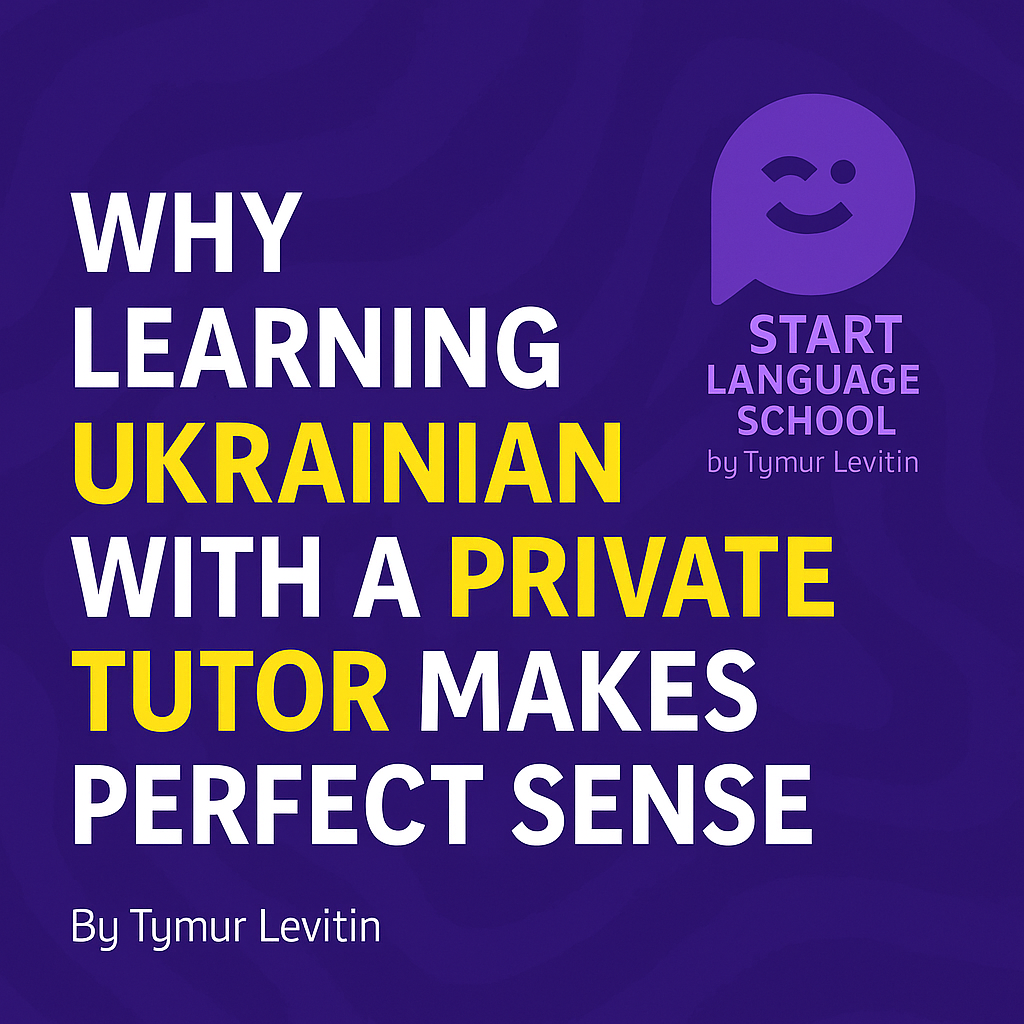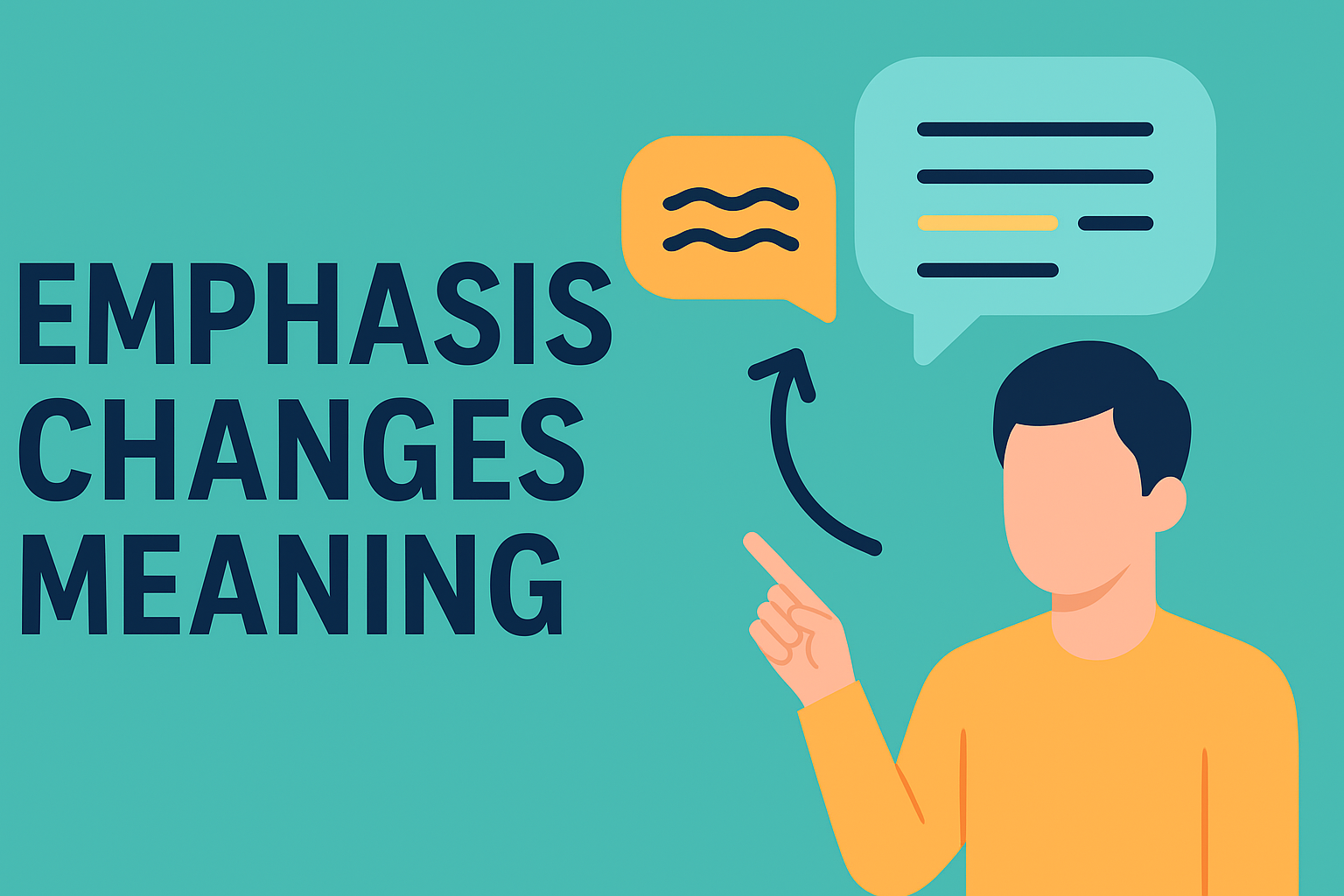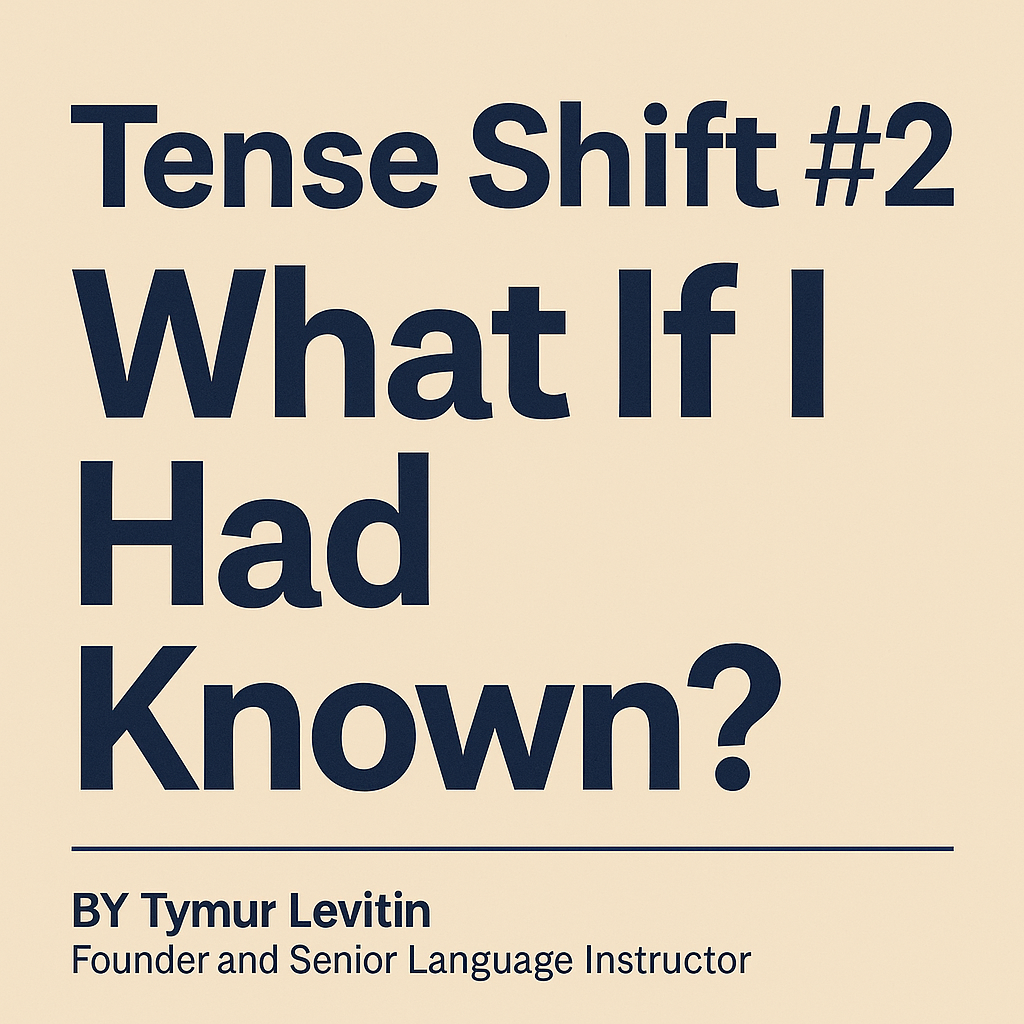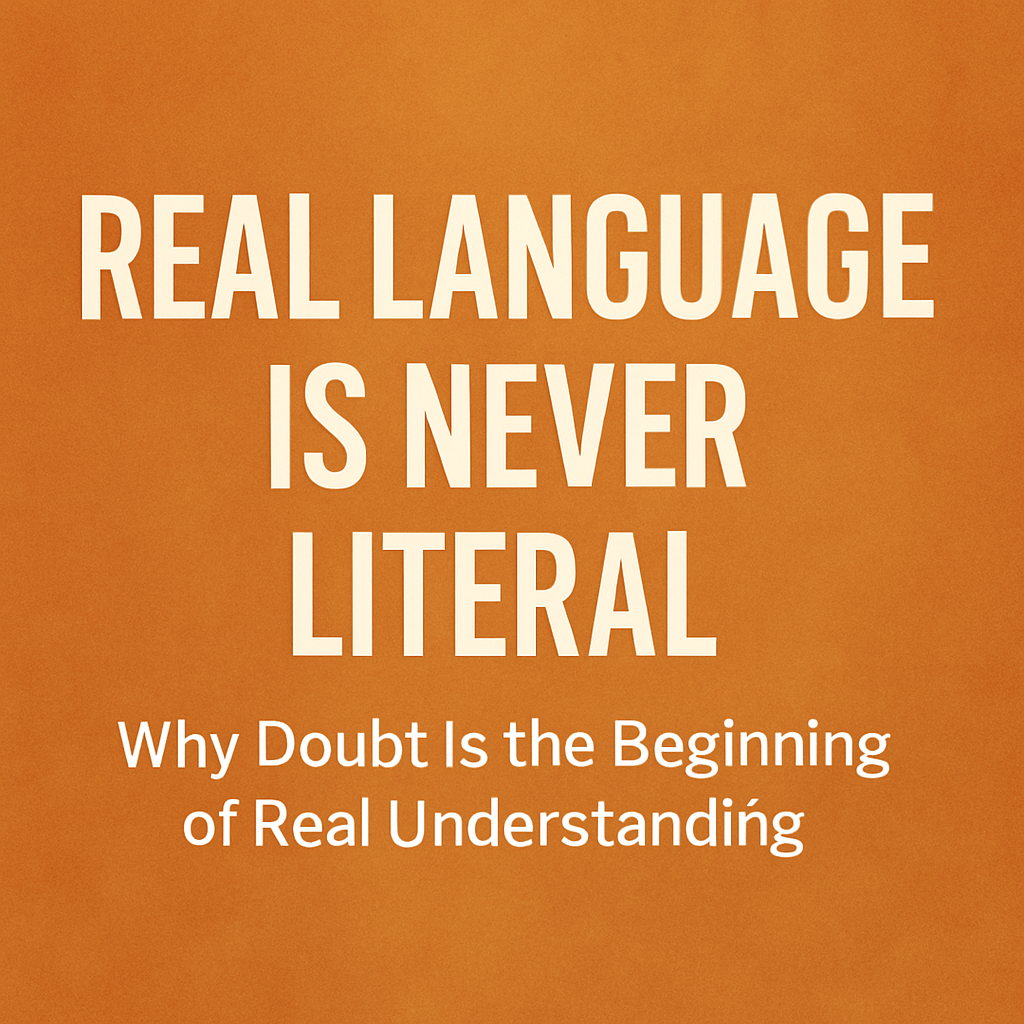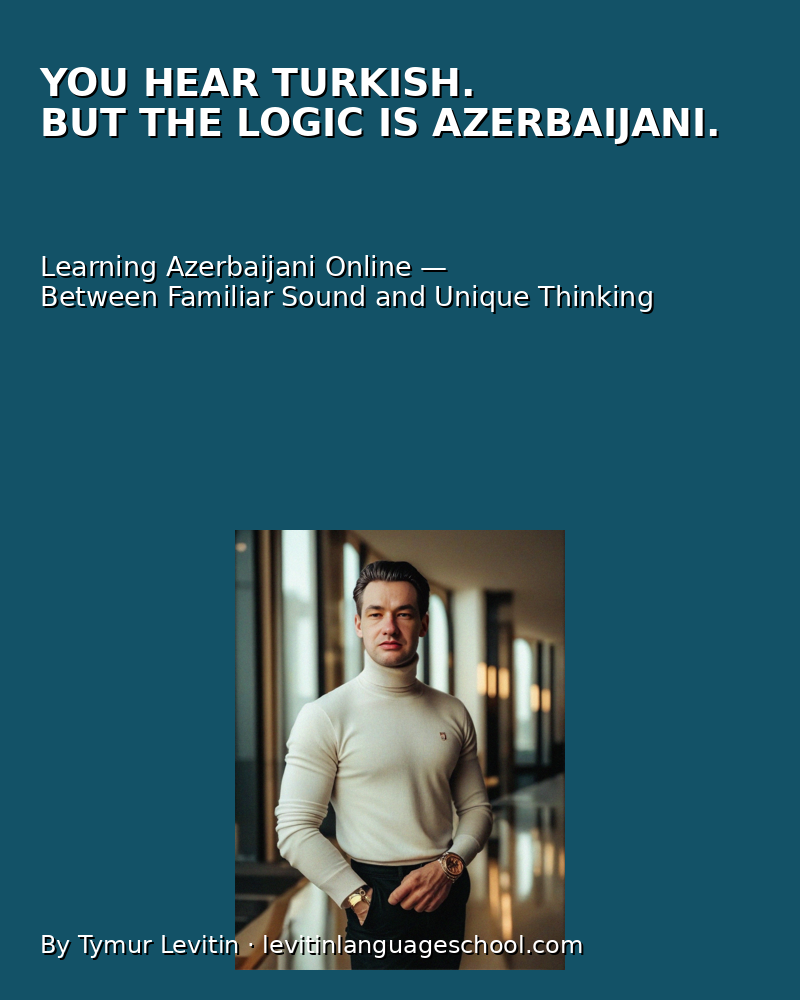Why the Subjunctive Past Isn’t About the Past at All
Unter Levitin-Sprachschule, we teach languages not by memorizing — but by understanding. One of the most fascinating aspects of grammar is how it reflects our regrets, doubts, hopes, and alternate realities — especially when we say things like:
“If I had known…”
It sounds like the past. It looks like the past.
But it’s not about the past — it’s about the present.
Grammar of Regret and Hypothesis
Let’s compare:
- I didn’t know.
→ A simple past fact. Done. - If I had known, I would have helped.
→ A different timeline. A reality that never happened.
This is where language becomes emotional und philosophical — and this is what many grammar books never explain. It’s not about tense names. It’s about meaning.
What Actually Happened?
Take the sentence:
“Якби я знав, я б допоміг.”
You might translate this as:
- If I had known, I would have helped. ✅
- Had I known, I would have helped. ✅
- I would help you if I had known. ❌ (Wrong timeline)
The structure “If I had known” is Past Perfect,
but it’s used to talk about something unreal in the past.
It didn’t happen — and never will.
So we use a conditional to build a parallel reality.
Why It Matters in Translation
Students often try to match tenses mechanically. But real translation demands sensitivity:
| Ukrainisch | Englisch | Meaning |
|---|---|---|
| Я не знав | I didn’t know | Simple fact |
| Якби я знав | If I had known | Regret / hypothetical |
| Я б знав | I would have known | Hypothesis about self |
These small shifts change everything. That’s why we train students to feel the emotional timeline of a sentence, not just the grammatical one.
One Phrase — Many Emotions
Let’s expand:
- Якби я знав, що ти прийдеш, я б приготував вечерю.
→ If I had known you were coming, I would’ve made dinner.
→ Had I known you were coming, dinner would’ve been ready.
→ I would’ve cooked if I had known you’d come.
In each version, the timeline is broken. That’s the point.
And each choice carries its own shade of meaning.
Why We Teach It This Way
Because grammar isn’t just a system — it’s a lens on life.
And as language learners or translators, we’re constantly walking the line between what is, what was, and what could have been.
That’s why our students don’t just memorize tenses.
They learn to think in them.
Verwandte Lektionen und Beiträge:
- Zeitverschiebung in der Übersetzung: Warum Zeit immer eine Rolle spielt
- Englisch lernen
- Deutsch lernen
Sprechen Sie frei. Lernen Sie klug.
By Tymur Levitin, Founder and Senior Language Instructor at Levitin Language School
🔗 Treffen Sie den Autor →
© Tymur Levitin. Alle Rechte vorbehalten.
Rubric: Author’s Column: Tymur Levitin on Language, Meaning, and Respect

















